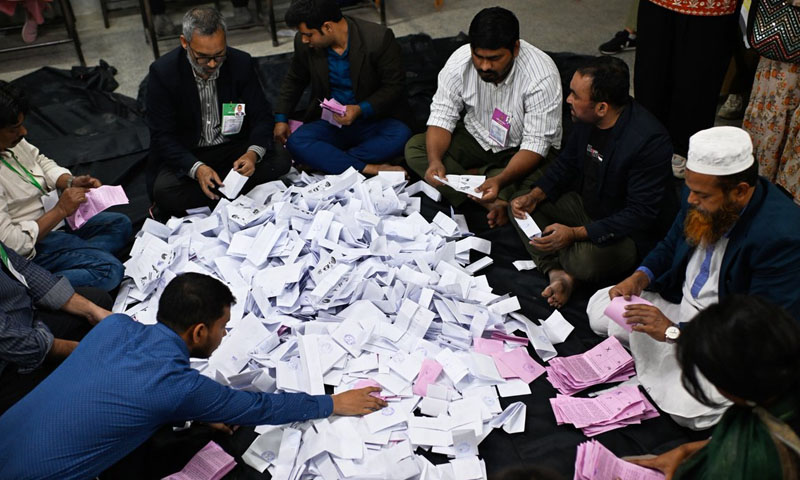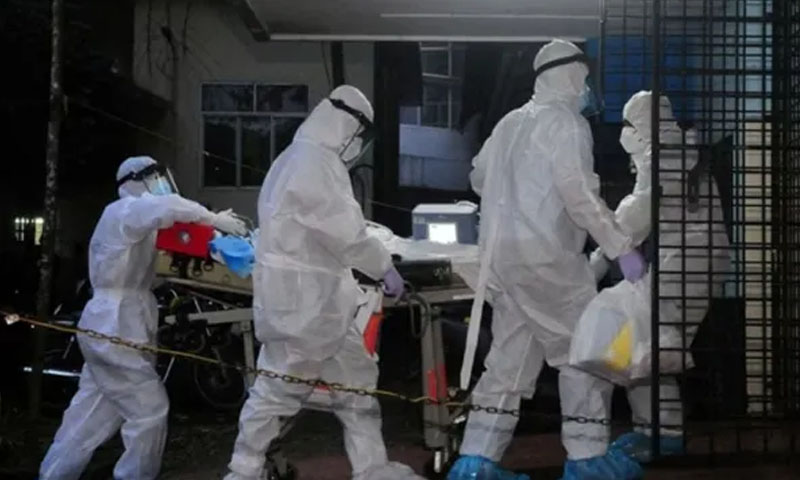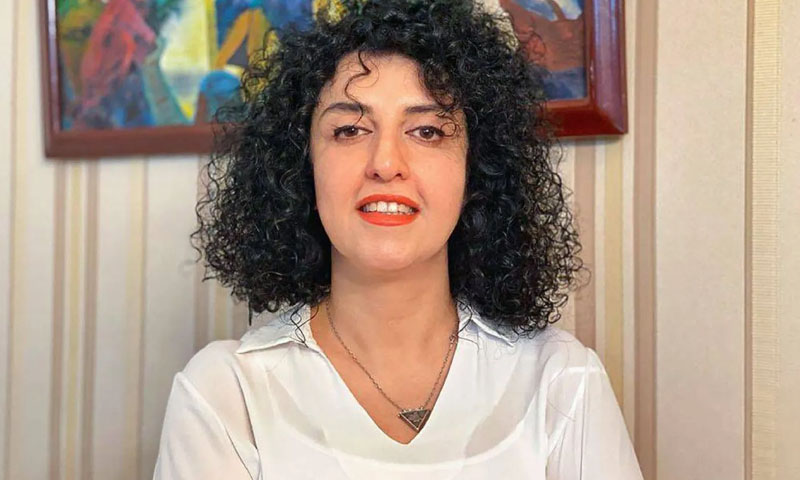- Web Desk
- Yesterday
Iran elections: Low turnout in parliamentary vote

TEHRAN: Iran’s parliamentary elections saw low voter turnout as candidates competed for a seat in the 290-member parliament. New members of Iran’s Assembly of Experts were also to be elected.
Iran held its first parliamentary elections since mass protests swept the Islamic Republic in 2022, triggered by the death of Jina Mahsa Amini while in custody.
“Voting for the 12th term of the Islamic Consultative Assembly and the 6th term of the Assembly of Leadership Experts began following an order by the interior ministry,” state TV reported Friday, using the official name of the Iranian parliament.
Read more: Five Iran Revolutionary Guard members killed in Israeli strike
State television said that polling began at 8 am and voting was extended for two hours and would now end at 8 pm.
“There is a wide — and probably even irreversible — gulf between state and society, a regime that has no policy answers to the basic needs of Iranians, and where elections cannot lead to any kind of change,” Ali Fathollah-Nejad, a German-Iranian political scientist at the Center for Middle East and Global Order in Berlin, told DW.
Iran’s Supreme Leader Ayatollah Ali Khamenei was among the first to cast a ballot in a vote that will decide which of the around 15,000 candidates will gain seats in the 290-member parliament.
Low voter turnout
Voter turnout was expected to be low, with data from the state-owned polling center ISPA predicting a turnout of 23.5 per cent in the capital, Tehran, and 38.5 per cent nationally based on a survey of 5,121 voting-age people.
Read more: Caretaker government approves construction of gas pipeline from Iran to Gwadar
The election is unlikely to cause any major upsets with the conservative hardliners holding a tight grip on the electoral process.
“What we are going to see is that the social base of the regime is going to go to the ballot boxes,” Fathollah-Nejad said.
“We’re talking about 10 per cent to 15 per cent of the population of either ideologically or economically are somehow attached to the Islamic Republic of Iran. Basically it’s a “contestation” within a very small part of Iranian society,” he added.
Ballots will mostly undergo a manual count and final results might not come for three days, although partial results could appear on Saturday.
Opposition groups and activists have been expressing their discontent over the vote on social media under the hashtags #VOTENoVote and #ElectionCircus and say the election legitimises the country’s leadership.
Imprisoned Nobel Peace Prize laureate and women’s rights advocate, Narges Mohammadi, has labeled the election a “sham.”
Challenges facing Iran
Iran has faced some of its worst political turmoil since the 1979 Islamic Revolution, with mass anti-government protests in 2022-2023 and the vote is being seen as the first measure of public opinion since those demonstrations.
Iran has also been severely impacted by international sanctions which have contributed to an economic crisis.
It has also been drawn into the tensions that have been bubbling over in the Middle East region since the Israel-Hamas war began, with pro-Iran groups in Gaza, Lebanon, Iraq, Syria and Yemen involved in clashes with either Israel or its Western allies.





